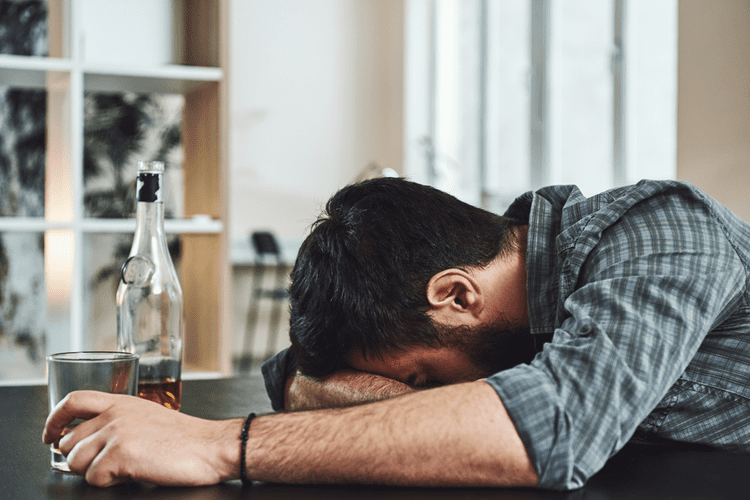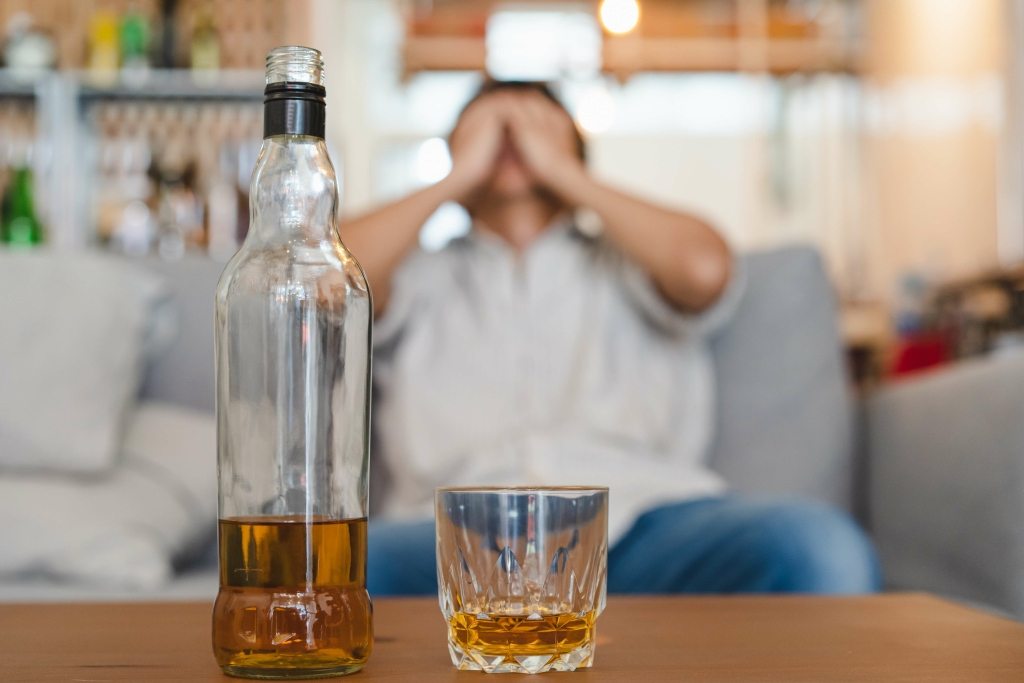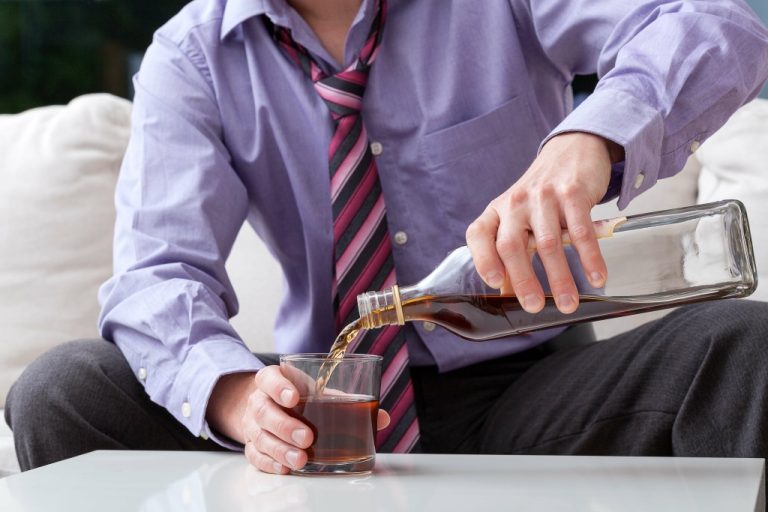- March 23, 2022
- Posted by: admin
- Category: Sober living
Or they may have simply acted out of urgency when triggered by stress. A person in recovery with an AUD may justify drinking by avoiding hard liquor and only drinking beer or wine, but unfortunately, the disease does not differentiate, and it’s a slippery slope. To justify drinking, people in recovery might pledge not to drink before a certain time of the day or on specific days of the week.
Navigating Social Situations Without Alcohol
If a particular risk factor is present, this will increase the likelihood of a relapse. Thinking about getting sober can come with many questions about your future outside of counseling and medical support. Sober living house Imagine how much your health and close relationships will improve when you choose a future without drinking. If you think you or a loved one might be experiencing alcohol abuse or dependency, see how many of the following signs relate to your situation.
Get Started

This means that there will be relapse, shame and guilt, loss of trust of relatives and friends. Having overcome it, a person with addiction is unable to listen to the arguments of reason. In the United States, you can also find rehab centers near you at FindTreatment.gov. During this period, you can expect to develop new skills you may have never learned that made you more susceptible to AUD in the first place. I also did not even anticipate the results I achieved doing this. I’m grateful that I did it and was able to gain a new perspective surrounding alcohol for myself.

Is Relapse Part of Recovery?
Finally, one morning…almost exactly 1 year ago, it was 10am and I was on the couch, drunk, super depressed and physically a wreck. I came to the brilliant conclusion that it doesn’t have to be this way. I no longer have any urge to drink and look at alcohol as poison. Your body doesn’t forget how to drink and you will very quickly get you back to where you left off. Almost 21 million Americans struggle with substance abuse; 14 million or two-thirds of those are addicted to alcohol. This makes alcohol the most commonly abused substance in the US.
Can Recovering Alcoholics Drink Socially?
- When you stop drinking, you experience physical withdrawal symptoms.
- You can find support networks in various places, including healthcare facilities and community organizations.
- People who have a history of addiction and alcohol abuse will need to stay sober and not return to drinking at any point.
- Physical risks include withdrawal symptoms, potential for overdose, and the exacerbation of health issues like liver damage, heart problems, and neurological impairments.
You wouldn’t expect that you could self-treat hypertension or diabetes without the help of medical professionals. If you need support, help, or have questions, please contact our team at The Recovery Village. While relapsing can bring about shame and feelings of failure, a relapse is generally accepted as an expected part of the recovery process for most people. It can be compared to someone having a flare-up of their diabetes or hypertension symptoms.

An alcoholic who chooses not to drink again can find a healthier, more stable, and ultimately more rewarding life. Genetics can play a significant role in the development of alcohol use disorder, with variations in many genes increasing the risk. For example, alcohol dehydrogenase 1B (ADH1B) and aldehyde dehydrogenase 2 (ALDH2) are known to be linked to alcohol consumption and alcoholism. Understanding these genetic factors can help individuals make informed decisions to stop drinking alcohol.
- The dangers of relapse include potentially severe physical and mental reactions when substance use resumes.
- It sounds impossible for an inanimate object to have power over someone’s life, but that is how the disease of alcoholism works; the body begins to physically and psychologically crave the drug.
- This question highlights how complicated addiction and recovery are.
- Afterwards I apologised and we talked about how that’s the first time we have been annoyed with each other in months.
- Even after getting past this initial period, relapse potential remains significant years after initial recovery, with recovery a never-ending battle.
- You don’t have to stay sober forever, but you should make decisions that are beneficial to your health and safety.
Can Alcoholics Drink Again in Recovery?
The decision to pursue controlled drinking or commit to total abstinence is deeply personal and should be made with careful consideration of the individual’s circumstances, risks, and support systems. What remains clear is the need for compassion, understanding, and ongoing going back to drinking after being sober support as individuals navigate the complex journey of recovery from alcoholism. Abstinence is a powerful recovery strategy because it eliminates the risk of relapse, allowing individuals to stay focused on their recovery journey.
Avenues Recovery have guided thousands of alcoholics to sobriety with our medical detox program, mental health counselors, and one-on-one and group therapies. By seeking professional help, building a strong support network, and developing effective coping strategies, individuals can overcome the challenges of recovery and enjoy a fulfilling, alcohol-free life. Remember, the path to long-term recovery is a personal journey, and finding the right approach for your unique situation is essential for success. Creating a relapse prevention plan involves reflecting on past experiences, recognizing potential pitfalls, and developing a personalized approach to managing cravings and triggers. This plan should be regularly reviewed and updated to ensure it remains relevant and effective in supporting long-term recovery and continuous sobriety. Some people feel that relapse prevention is about saying no right before they take a drink.
